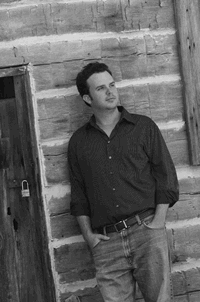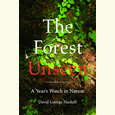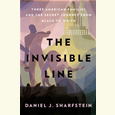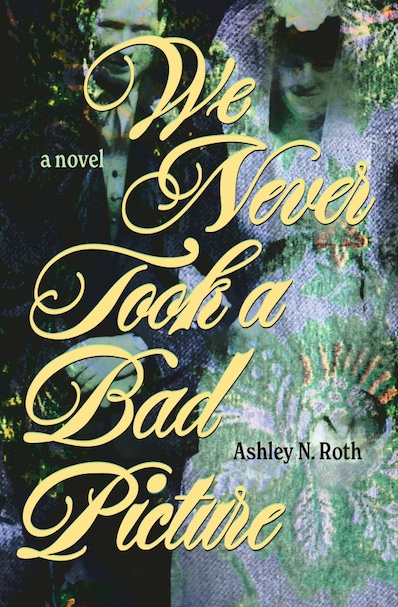Winesburg, Louisiana?
A splendid new story collection by M.O. Walsh takes its cue from Sherwood Anderson
In the hands of a less subtle writer, the premise of M.O. Walsh’s new collection of stories, The Prospect of Magic, could easily have resulted in hopeless kitsch. When the owner of The World Famous Ploofop Travelling Carnival dies suddenly, the carnies and circus acts find themselves stuck in Fluker, Louisiana, and forced to learn to live straight. What keeps these ten tales from devolving into material for a bad sitcom is the care with which Walsh details his characters’ inner turmoil.
The bearded lady shaves herself clean and dreams of caring for the precious children who used to gawk at her; the son of Mephisto the Magician hides the fact that he can do real magic; the Amazing Phinns, flying acrobatics once billed as “bat people,” are reduced to performing by themselves in an abandoned water tower. They struggle to fit into Fluker (a real town, north of New Orleans), but their deeper questions are just like anyone else’s: Where do I belong? Who will love me? Who am I?
The classic touchstone for this type of fiction is Sherwood Anderson’s Winesburg, Ohio; Walsh certainly seems to have absorbed Anderson’s exhortation that the true “grotesque” exists not in the aberrations of our physiognomies but in the dark recesses of our hearts. In “The Dream Tow,” for instance, a devoted husband, Douglas, can only wonder why his wife, Cherilyn, has become obsessed with DNAMIX, a carnival-game cast-off from Ploofop that has landed in the local super market. It purports to read not your future but your genetic potential, and for some reason the machine concludes that Cherilyn’s “Potential Life Station” is to be an Arabian Princess.
 In several of these stories, children sense that their parents are falling apart, but the kids lack the perspective to comprehend why. The narrator of “The Cat Who Ate the Boy” (not a literal title, praise be) recalls that he received an oversized, ferocious cat in the mail—obviously intended for the Ploofop zoo but delivered to his house by mistake—at the same time that his parents’ marriage is rocked by infidelity. Looking back at that troubled time in his childhood, he recognizes that the problems his parents were facing were as far out of his ken as that wild cat, “a thing too big for me to tote on my own.”
In several of these stories, children sense that their parents are falling apart, but the kids lack the perspective to comprehend why. The narrator of “The Cat Who Ate the Boy” (not a literal title, praise be) recalls that he received an oversized, ferocious cat in the mail—obviously intended for the Ploofop zoo but delivered to his house by mistake—at the same time that his parents’ marriage is rocked by infidelity. Looking back at that troubled time in his childhood, he recognizes that the problems his parents were facing were as far out of his ken as that wild cat, “a thing too big for me to tote on my own.”
Despite the agonies, Walsh’s characters believe that the miraculous is within reach. The title story announces the collection’s over-arching theme. Matthew, the magically gifted son of the old-school trickster Mephisto, accompanies his father to the birthday party for a boy who is dying of a brain tumor. When the sick young man, Brian, derides Mephisto’s stylized antics, Matthew “feels an odd pity creep upon him. How could he not be enjoying the scene, not be thrilled at even the prospect of magic.” By the end of the story, their roles are reversed—Brian believes Matthew has healed him, while Matthew is dispirited at having to follow in his father’s footsteps. In the end, the reader’s pity shifts to Matthew.
The prose of The Prospect of Magic moves quickly, with humorous quips on every page. Walsh produces readable sentences that accomplish plot and character development simultaneously, so it is easy to devour several stories in a single sitting, leaving time to flip back through the collection and note the way the characters are interwoven. This admirable collection of stories reminds us that, when the gypsy mind-reader and the clowns and the lion tamer have left town, there remains a circus freak hidden in all of us.
M.O. Walsh will read from his work at the Hodges Library on the campus of the University of Tennessee in Knoxville on September 13 at 7 p.m.


